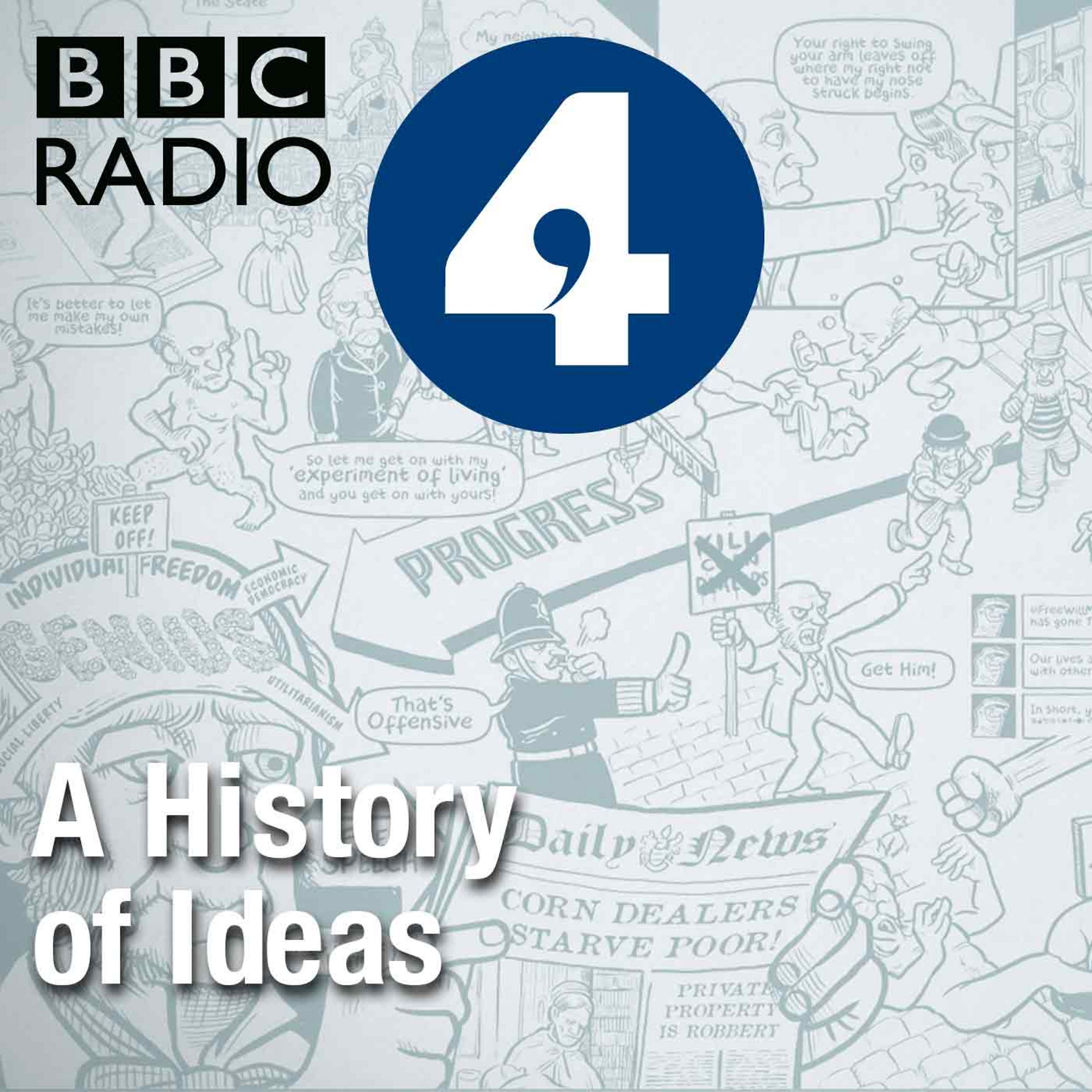Lawyer Harry Potter on Eyewitness Testimony
Description
Barrister Harry Potter asks whether we can believe the evidence of our own eyes. It's a vital question for the justice system today and Harry traces it back to the work of 18th century Philosopher David Hume. Hume, a key figure in the Scottish Enlightenment, wrote about miracles, arguing they were most likely the product of wishful thinking and faulty perception. His arguments are still important for barristers, judges and juries still reliant on eye witness testimony to decide guilt or innocence.
To find out how our eyes deceive us, Harry meets professor Amina Menon, expert in eye witness evidence at Royal Holloway, University of London. And Harry visits professor of philosophy Peter Millican at Oxford University to ask whether Hume's methods can help us overcome our inbuilt biases.
Producer: Melvin Rickarby.
More Episodes
Published 08/07/15
Paul Broks looks at the philosopher Ludwig Wittgenstein and the problem of "other minds". How do I know you are not a zombie who behaves like a human but actually has no consciousness? Even if you are conscious, how can I tell that what I experience as red, you do not experience as blue? I know...
Published 08/07/15
If a tree falls in a forest and nobody is there to hear it, does it make a sound?
That's the kind of head-scratching question that's popularly believed to occupy the time and brains of philosophers. It relates to the ideas of immaterialism proposed by Bishop George Berkeley who asserted that the...
Published 08/06/15


